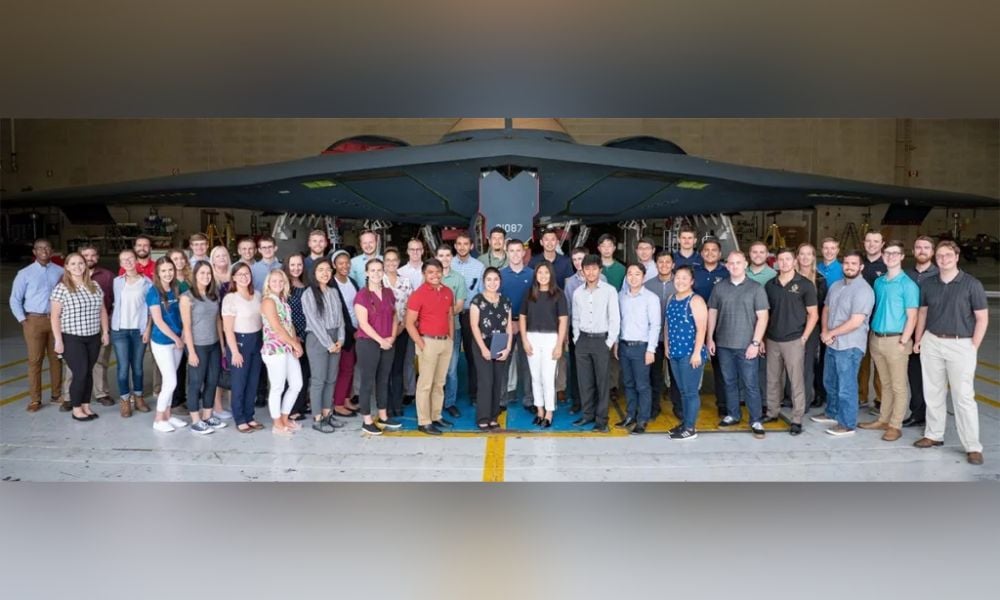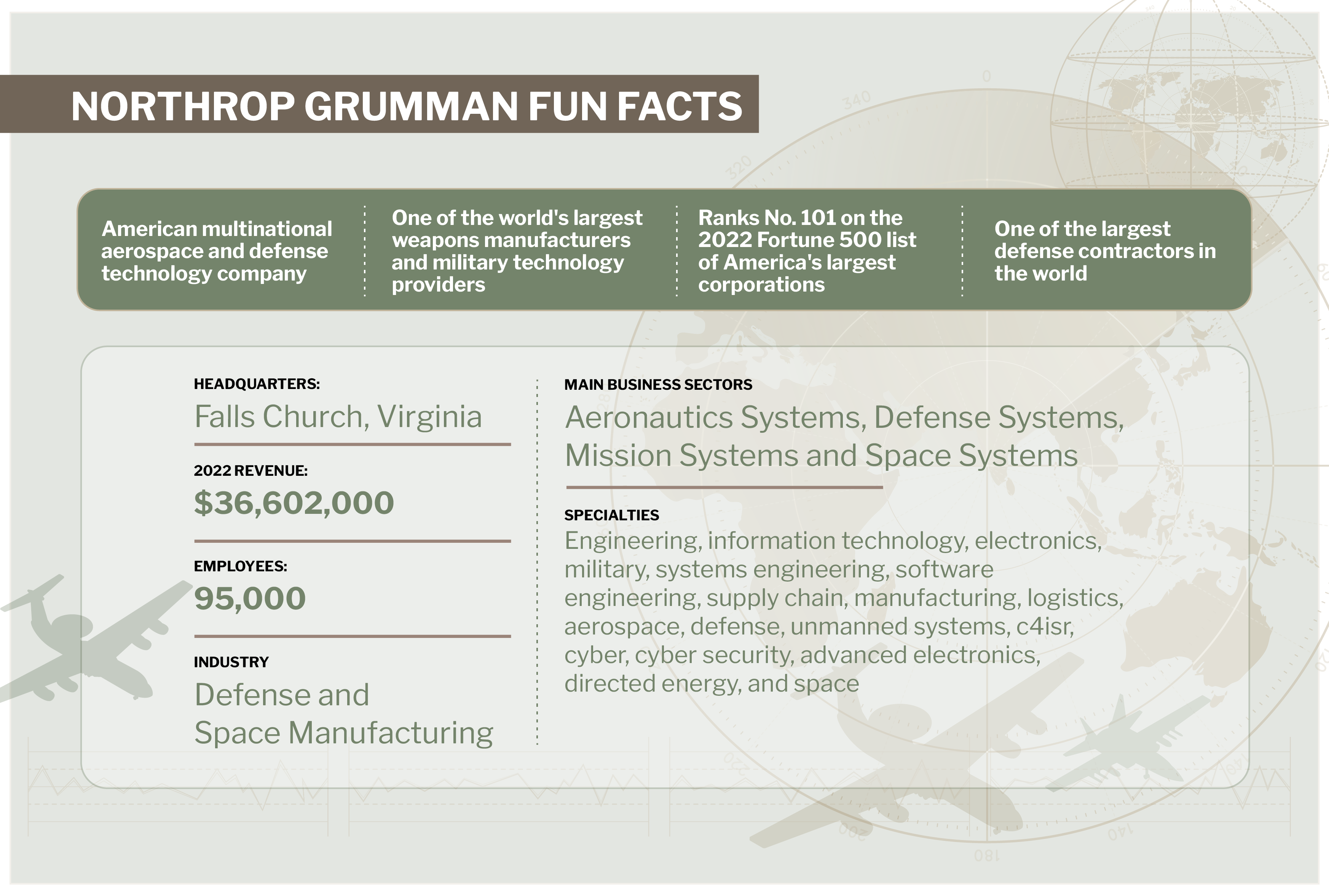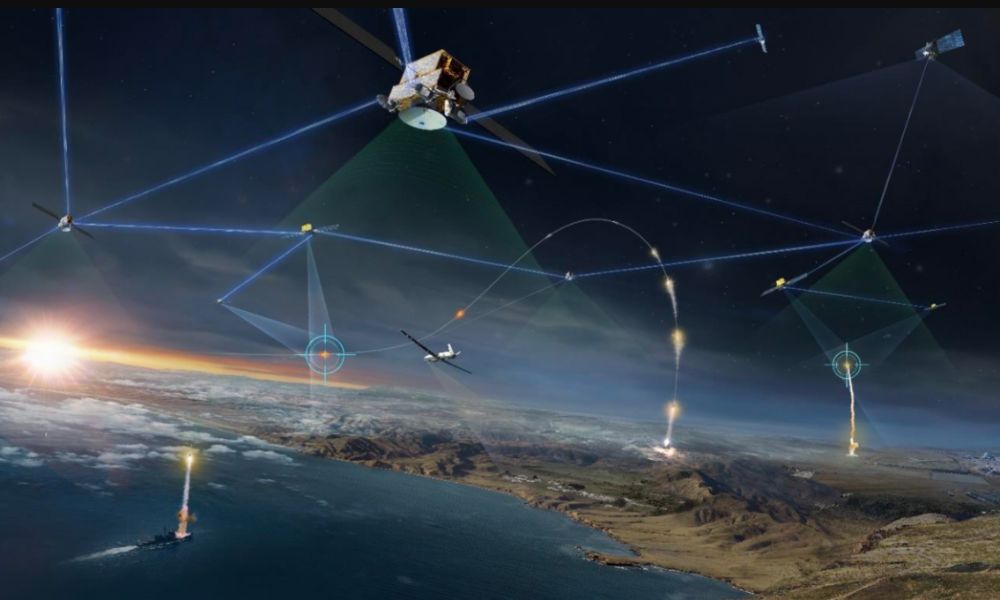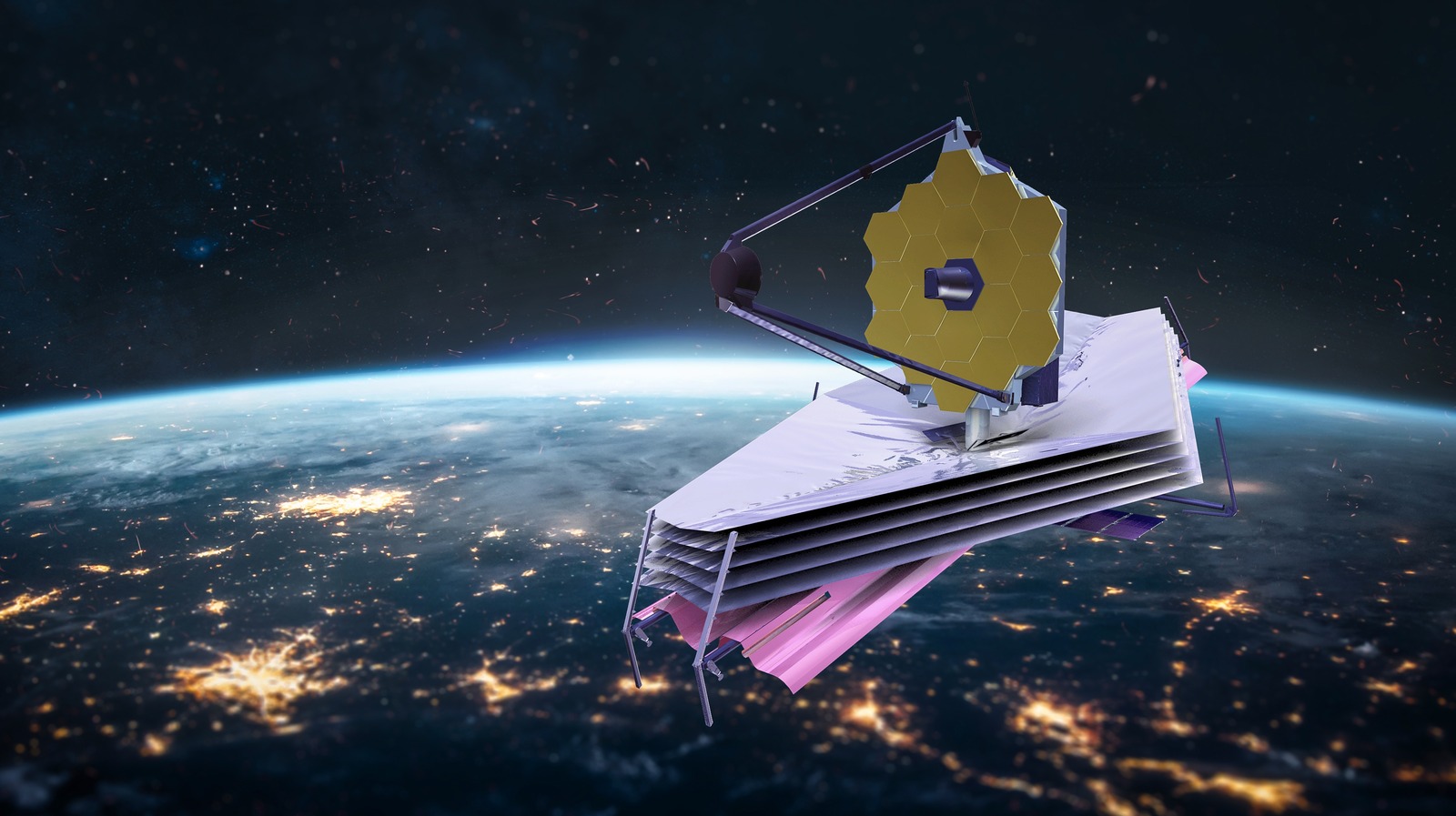
HRD sits down with Ann Addison to talk through their mission at the aerospace and defense giant

When Ann Addison’s CHRO asked her if she’d ever consider going into HR, her initial reaction was no.
“I loved to code,” she tells HRD. “I spent the first eight years of my career in software development – and was very happy there.”
However, this question did plant a seed in Addison’s head. And now, as Northrop Grumman’s corporate vice president and CHRO, there’s no looking back. Her manager called her again six months later and Addison agreed to give HR a go.
“I thought it might be something that would really broaden my career,” she tells HRD. “Something that could give me leadership experience, so I went into HR. And I haven’t looked back. What drove me to stay in HR is the impact you can have on people’s careers. I really enjoy getting to know people's aspirations, coaching them, giving them guidance and seeing them accomplish things
But what surprised Addison the most about HR was the bird’s eye view it offers of all the business’ functions.
“I loved putting all the pieces together,” she says. “You get to support the business from the engineering standpoint, from professional services, marketing, sales – you get to see how the organizations runs. You learn so much more every day. The world is changing so quickly that it really doesn't get boring. There isn’t a status quo in HR – and that's very exciting.”
For many great HR leaders, the sector was never their original plan. A lot of practitioners end up in HR by chance or circumstance – meaning the industry is full of people with incredibly diverse skill sets all focused on enhancing different areas. At Northrop Grumman, Addison tells HRD that they’re working on navigating the talent landscape – something that all organizations are wrestling with at the moment.

“The number on challenge is talent,” she says. “Right now, our name is really out there – we’re getting a lot of visibility in the marketplace and have done a ton of work around our brand. We’re not just an aerospace and defense company, we’re a technology one too. I do think with the technology layoffs, that has helped us as well. So attraction isn't our biggest issue.”
Northrop Grumman hired over 16,000 new employees last year – growing the company at an exponential rate. This means they’re focusing a lot more on development – ensuring that as people assume leadership roles they have the skills to thrive there.
“It’s about making sure that as people are promoted and they become leaders of people, they are assimilated, that they know our processes and practices. We want to ensure we’re continuously promoting and developing our talent. I would say the upskilling, the development, the moving around, is really our biggest challenge.”
And Addison’s certainly not alone. More and more employers are placing an onus on L&D post-pandemic, with employees opting to stay with companies that offer tailored and personalized upskilling plans. According to data from LinkedIn, 94% of employees say they’d stay at a company longer is their organization invested more in L&D. However, despite their desire for upskilling, 49% of employees claim they simply don’t have enough time to spare on learning.
At Northrop Grumman, however, Addison says they’re implemented new technologies to make the processes easier.
“We have a great internal process,” she says. “We’re just working with an AI tool called Edison - it helps do onboarding and answer any employee questions. And we’re looking at more and more tech. We’re actually going to present to our board next week on AI.

“Looking at how we want to use AI as we go forward. You want to leverage AI, but you also want to be conscious of the concerns and risks. You don't want to introduce bias. However, if it can speed up and help you look at opportunities and jobs that you wouldn't think of then that's a win win. We just need to make sure that we're doing it in a very careful and thoughtful way.”
While there’s no doubt that generative AI will ultimately change the face of HR, what it will change it into is as yet undetermined. The nature of HR, and of great HR leaders, is being prepared for the unexpected. If the pandemic taught organizations anything, it’s that there’s no accounting for what’s around the corner.
And For Addison, she said that this ability to pivot is actually one of her greatest achievements with her team.
“I’m proud of a lot of things around my team,” she tells HRD. “I really feel like we've made a significant impact on the business. However, what makes me the most proud is not only meeting but exceeding our headcount plan – even around the Great Reshuffling. Everyone was moving around, there was record attrition rates, record inflation, lowest unemployment – and we exceeded our plan.”

This took the entirety of the organization - working with the leaders and employees – to achieve this. As Addison tells HRD, meeting that headcount plan meant that everyone was rowing in the same direction – totally focused on our mission and what we had to accomplish.
“I’ve been in different industries, but being in aerospace and defense one of the things that really resonates with me is the mission,” she says.
“You need to accomplish the mission. And everything that’s been happening recently, the unfortunate situation in Ukraine, that all reinforces the importance of the mission. So it was really nice to be able to get that top talent, to exceed our plan and make a difference - not only for from a financial perspective but for our customers too.”